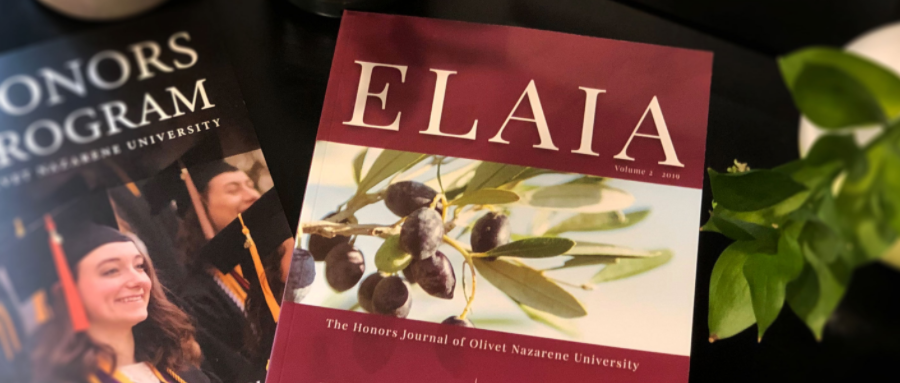Document Type
Article
Peer Reviewed
1
Publication Date
5-2011
Scholarship Domain(s)
Scholarship of Discovery
Abstract
The purpose of this study is to explore the ways in which the novelist Salman Rushdie advocates a hybrid world—a world in which difference and heterogeneity are not only tolerated, but are eagerly celebrated as a means of cultural newness. In the 21st century, instantaneous communication, global economics, and increasing migration of people across continents have drastically destabilized old views on the formation of cultural identities. In his novels, Salman Rushdie explores these questions which plague the postcolonial and cosmopolitan world—what is the migrant? How can a person survive between cultures? What do those grand ideas of home, culture, or nation even mean? This study endeavors to prove that Rushdie‘s works show that he strongly believes in mixing cultures and identities, rather than limiting identification to a singular place or idea. I focus on four different areas of cultural identity for which Salman Rushdie advocates hybridity: postcolonial history, national narratives, individual migrant identity, and the English language. To do this, I particularly examine three of his novels, Midnight’s Children, Shame, and The Satanic Verses. I also discuss the ways in which political and personal events have shaped his opinions and the impact that his writing has had on the larger field of postcolonial literature. This study ultimately argues that his novels illustrate that while cultural change and translation may be difficult or painful, the process is a beneficial one for all. Rushdie‘s collected work is clearly dedicated to the idea that cultural blending will create a better and more peaceful world in the future.
Recommended Citation
Brown, Jessica, "East / West: Salman Rushdie and Hybridity" (2011). Honors Program Projects. 3.
https://digitalcommons.olivet.edu/honr_proj/3
Included in
Literature in English, North America, Ethnic and Cultural Minority Commons, Modern Literature Commons, Race, Ethnicity and Post-Colonial Studies Commons



Comments
Honors Capstone Project completed in 2011 for Olivet Nazarene University.